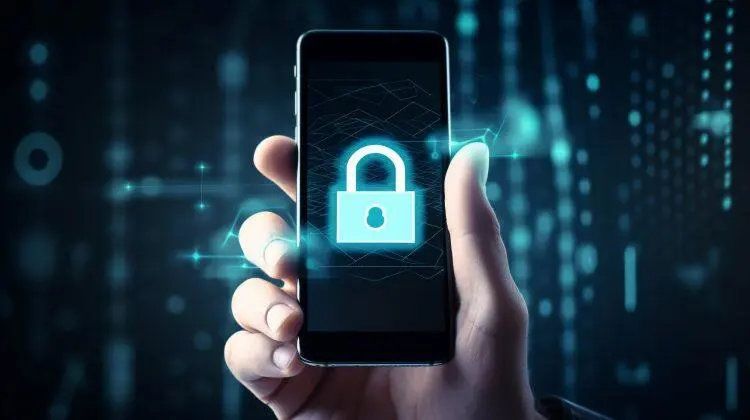
By Amichand Saini May 4, 2024
Collected at : https://datafloq.com/read/is-post-quantum-cryptography-the-solution-to-cyber-threats/
The appearance of quantum computers in the near future disrupts the previous state of security through cryptographic techniques. These giants not only have the ability to throw the existing mathematical foundation of the digital security systems out of the window, but they also make use of traditional encryption methods pointless within a single night.
In the face of the approaching digital revolution, post-quantum cryptography (PQC) stands tall as a beacon of hope, giving the hope of protecting our sensitive data from the effects of the quantum storm.
The question remains though: is this, in fact, the silver bullet for the future cyber threats or just one of many instruments of the larger arsenal against the rapidly evolving cyber risks?
As we immerse in the challenges of quantum cryptography, we are not only dealing with the technological requirements but are also fighting a decisive battle in the war against cyber threats. This article examines the promises and challenges of post-quantum cryptography as well as evaluates it effectiveness in the era of quantum computing.
Understanding Quantum Computing

The quantum computing is at the forefront of technology revolution, and will lead to a paradigm shift in computing power. In contrast to traditional computers that use bits that are represented as 0 or 1, quantum computers utilize the extraordinary phenomena of quantum mechanics to process quantum bits or qubits.
These qubits are in such a state of superposition that they can represent both 0 and 1 at the same time. Besides that, qubits can entangle, which is a phenomenon that enables them to possess instantaneous communication across large distances.
This exceptional feature thus facilitates quantum computers to perform parallel computations on a magnitude unimaginable with the conventional computing algorithms.
Along with the pioneering progress of the quantum computing research, it is true that its inevitable role and the influence on the some areas, including cryptography and post quantum cryptography services, will lead to a vastly different world as others know it.
The Rise of Post-Quantum Cryptography

Post-quantum cryptography (PQC) is a special branch of cryptography that develops quantum-resistant cryptographic algorithms and protocols to withstand attacks from both classical and quantum computers.
Unlike classical cryptosystems that depend on mathematical problems that are difficult to solve classically, PQC schemes have been developed to be capable of withstanding the immense computational power of quantum computers.
The reason behind the PQC can be summed up by the fact that there is a great threat that quantum computers represent to existing cryptographic systems. With quantum computing rapidly evolving, the RSA and ECC algorithms that are commonly used today may be subject to attacks from quantum algorithms such as Shor’s algorithm.
To fill the gap for quantum immune crypto, numerous initiatives were taken to upgrade PQC for development and standardization. One significant example is the National Institute of Standards and Technology (NIST), which organized a public contest for the selection of candidate PQC algorithms.
Types of Post-Quantum Cryptographic Algorithms
As cryptographic research is constantly being amended, different solutions are proposed to mitigate the looming threat of quantum computing.

Leave a Reply